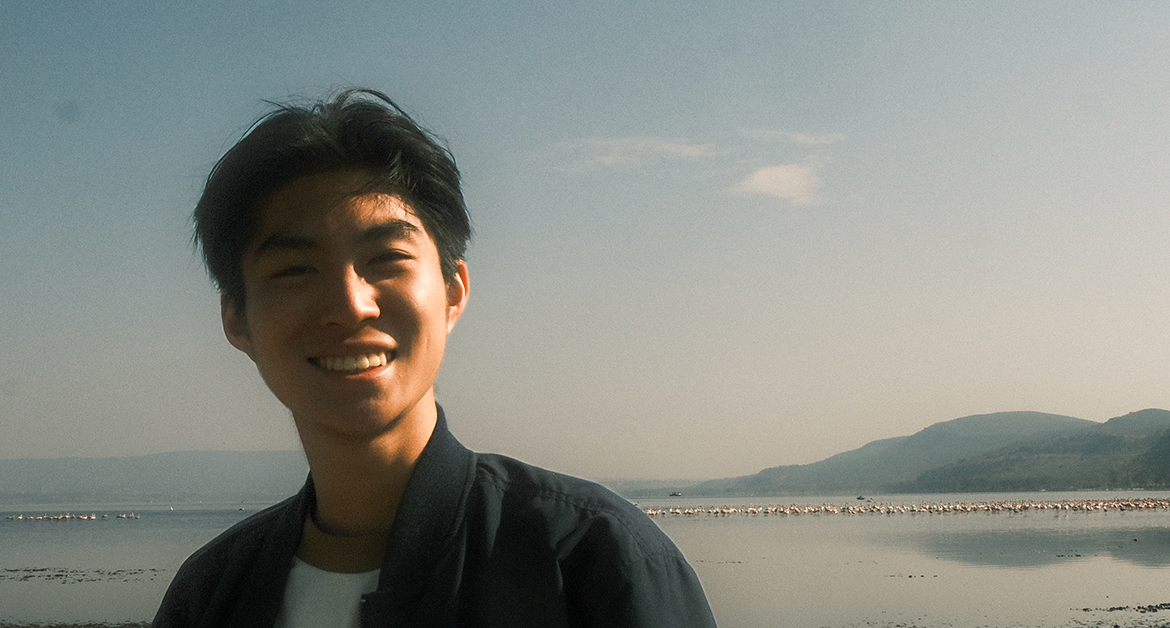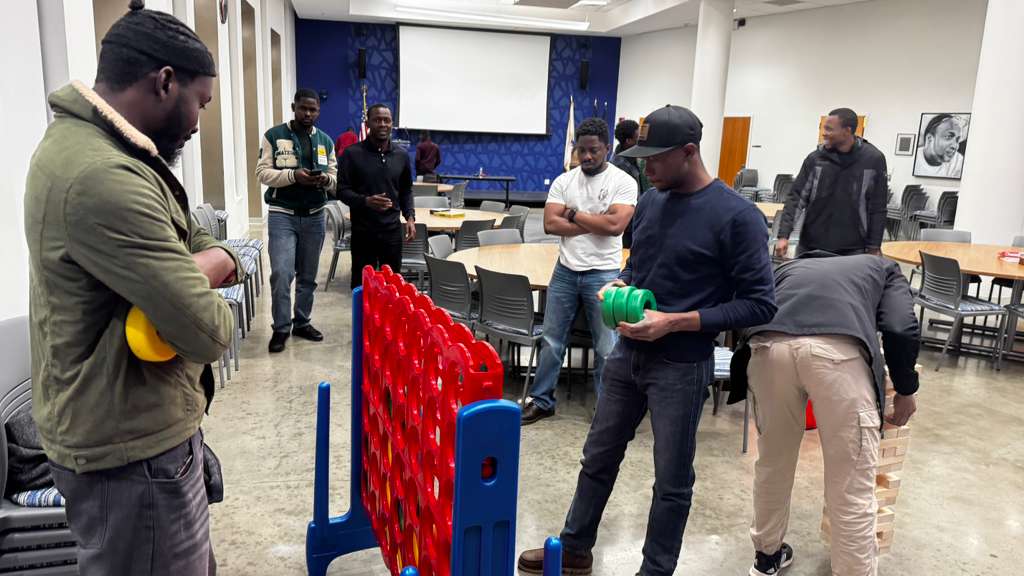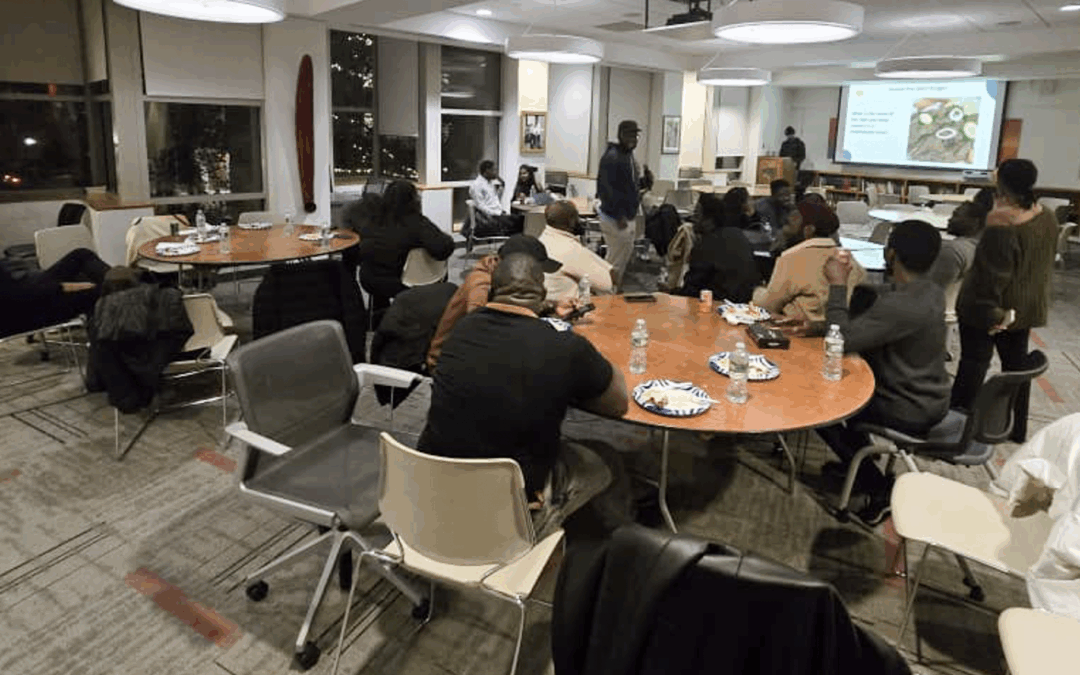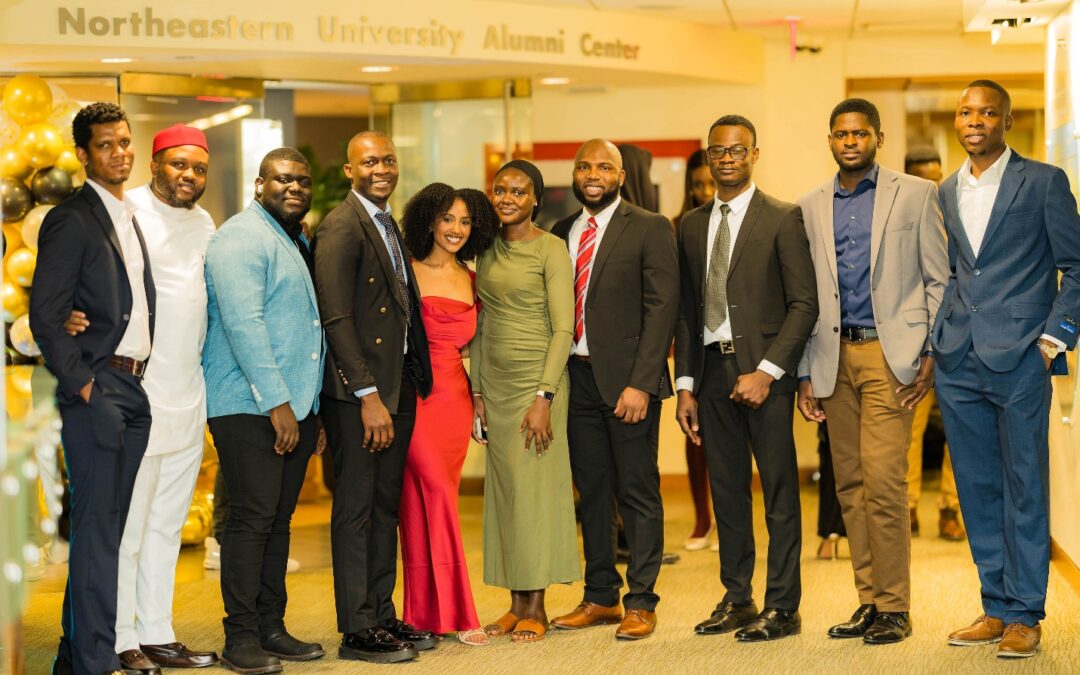Alex Chang is an undergraduate junior pursing his Biology and Political Science degree with a minor in Photography. His plan is to start medical school as soon as he graduates from Northeastern. He is currently on his third co-op as a lead researcher at ACCIH – The African center for community Investment in Health, in Kenya, working directly with Prof. Richard Wamai. Alex is the recipient of the Young Global Leaders Fund for global co-ops in Africa.
- Can you tell us about your experiences on your global co-op in Africa so far? What projects have you been involved in? Who is your organization and where is it located?
Within Kenya, I have been working with the African Center for Community Investment in Health (ACCIH), which is managed by Northeastern’s Dr. Richard Wamai. Since last September, we have been discussing the integration of refrigerated medical backpacks to help with vaccine and lab transport for neglected tropical diseases between rural medical centers and communities. These backpacks will enlist the help of our Boda Boda motorcyclists, who will act as transporters of the essential medical deliveries. We’re happy to finally implement this program into the medical centers in West Pokot, though the process has definitely been a learning process for me. Aside from this project, I’ll be involved in mobile clinics and vaccine outreaches to hard-to-reach communities.
- How has this experience impacted on your personal and professional growth? Have you faced any challenges, and how did you overcome them?
I met the greatest challenges when organizing global shipping logistics of the backpacks. Communication is such an essential aspect of international supply chain, and adapting to the ways people communicate around the world was a learning curve I did not expect. Additionally, as I am very obviously a foreigner in Africa, building trust between community members and myself as I introduce new technology has been a difficult yet fulfilling experience.
- What motivated you to apply for Northeastern University’s Young Global Leader grant for Global Co-op, and how has it contributed to your overall experience?
I think that the missions of YGL and my project are intrinsically aligned! Investing in student-driven change is what the ACCIH has always been built upon. Monetarily, the grant has allowed me to purchase the refrigerated backpacks and supported my costs of living.
- What skills or knowledge have you gained during your time in Africa that you believe will be valuable for your future endeavors?
In the future, I hope to become an emergency physician with a specific focus on refugee health and medical care in low-resource regions of the world. Using my medical knowledge, I hope to be a liaison for the implementation of medical technology (just like my current project!) to augment the care of those who have been displaced, and don’t have the means to medically advocate for themselves. This co-op has given me glimpse into what my future will look like!
- How have you been able to immerse yourself in the local culture and connect with the community during your Global Co-op?
I’ve been able to find great community by connecting with a church in Nairobi! I also take walks throughout the city quite frequently and make conversations with local shop owners.
- Can you share a specific example of a successful outcome or achievement from your work in Africa that you are particularly proud of?
Our refrigerated backpack program is still in its infancy, but we’re anticipating great effects for the diagnosis and treatment of visceral leishmaniasis! Speaking with local healthcare workers, they’ve expressed to us a great need for this technology in lab transports, but also for the expansion of vaccine outreaches organized by the Kenyan Red Cross and World Vision. Successfully identifying gaps and hearing the excitement of the healthcare workers upon learning about my project has been very fulfilling, and I hope that I can deliver on my promises!
- How have you collaborated with local organizations or partners to address challenges and make a positive impact in the region?
Working alongside the ACCIH, the Probitas Foundation has helped greatly with their donation of essential medical infrastructure, including solar panels, lab-grade refrigerators, and new hospital wards. World Vision and the Kenyan Red Cross have also collaborated alongside the ACCIH and the sub-county governments to organize vaccine outreach and health education campaigns.
- What have you learned about the social, economic, or environmental issues specific to the African region during your Global Co-op?
I’ve seen how social, economic, and environment barriers compound to make healthcare severely inaccessible in rural regions. Social norms of seeking Western medicine and the geographic distance to a healthcare center play major roles in dissuading patients living in tribal communities. On a national scale, it is obvious that a disparity in the distribution of vital healthcare technology exists, particularly within testing kits of diseases more prevalent in rural regions. West Pokot often experiences testing kit and staff shortages, leaving medical workers burnt out, and patients hesitant to seek treatment.
- How do you plan to leverage your experiences and knowledge gained in Africa to make a difference in your home country or on a global scale?
While the economic environment in Kenya is extremely different from the United States, I still recognize gaps in rural medicine present within both healthcare systems. Issues of medical staff shortages, disparate distribution of medical infrastructure, and geographic barriers to care are commonplace in both environments. During my time in Kenya, I have made great connections with medical researchers (courtesy of Dr. Wamai!) who have been adamantly studying solutions to these gaps. I have also made local connections to various NGOs who have provided valuable insights into rural health. I hope to carry these perspectives to medical care at home and further development in Africa and the Middle East.
- What is your message to YGL Northeastern?
Students are often underestimated when it comes to the impacts they can make, especially when they are supported and mentored. I want to personally thank you for investing in both me and my vision. Amazing things are happening, and I can’t wait to see what the future holds for healthcare in West Pokot.
- What are your messages for future recipients and students going to Africa for Global co – op in the future?
Never be limited by the things you can see. Our imaginations are so limited compared to the endless possibilities of time and space. In the face of the impossible, never lose hope in your visions for a better world—our faith in a brighter future hinges on your dreams.
- What are some of your favorites we should know about?
Favorite foods in Kenya: Nyama Choma, Chapati, Smocha (sausage in chapati), sweetened Maziwa Lala
Favorite foods in the US: Taiwanese beef noodle soup, halal from NYC food carts
Kenyan Sports: Though I’m not usually a sports person, I’ve been watching football (soccer in the US)! I own a Kenya League t-shirt, so I guess that makes me a true Kenyan fan.



